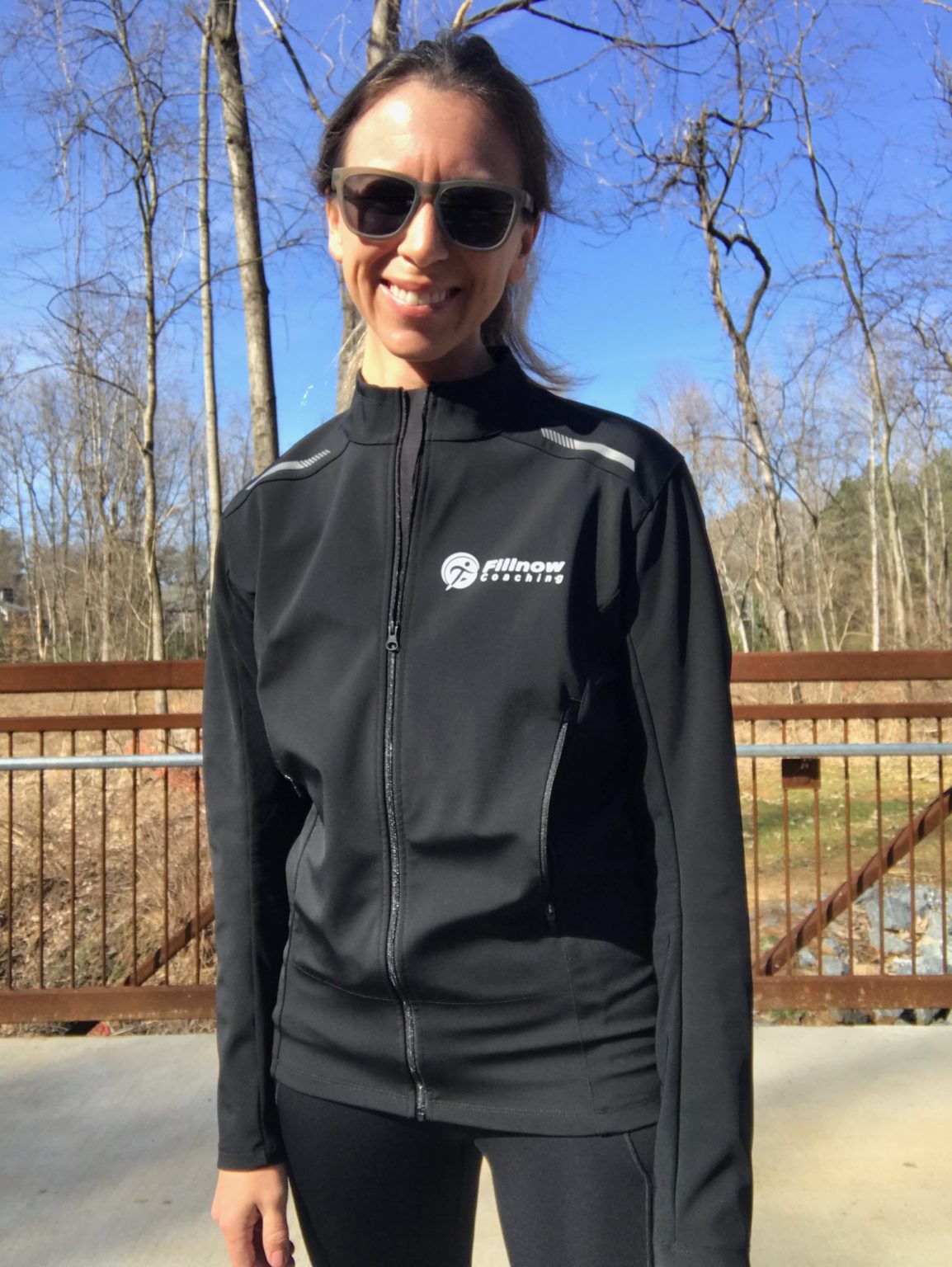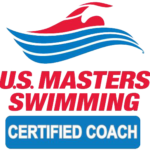Congrats on your recent performance at Challenge Daytona, an amazing podium after a canceled race in October, which really extended your season. How did you handle this change? Any advice for us when dealing with setbacks or obstacles along the way?
Have perspective. Let go of the uncontrollables. Be adaptable.
When IM Wilmington 70.3 was canceled in the wake of Hurricane Florence just two weeks before it was supposed to take place, I took it as chance to continue to refine some things I had been working on in my training and signed up for Daytona. I didn’t spend time being upset about the cancellation considering what the people of Wilmington were going through. I took a week or so to reset before the extension of my season which I knew would be as challenging mentally as it would be physically. To overcome this, I looked for new ways to enjoy training in October and November. I met up with old friends for bike rides, and I communicated with my coach (Kelly!) when I was feeling unmotivated so she could meet me for a swim workout or send me a note of encouragement. After adapting to the extended season, I had to adapt again just minutes before the Daytona race began. Incoming inclement weather meant the race organizers shortened the swim and bike course, which I literally found out about as I was standing in line to start the swim. Swim and bike are my strengths so mentally I was deflated when I heard the news. But, I didn’t have time to worry about it too much, and every race throws you curve balls. The most important thing to remember is that things will always happen that are out of your control, so it’s really all about how you respond to them. I threw a bottle of nutrition off my bike that I wouldn’t need (and lost a pound of bike in the process!), reset my mind for a new race plan to swim and bike faster with a shortened course, and went to it. The only full portion of the race was the run, and I wanted to leave with one measurable split, so I stuck with my plan for the run (in the pouring rain!) and left it all on the course.
What has been your most defining moment in sport?
After hardly a season off of playing sports since first joining my neighborhood swim team at 4 years old (followed by basketball, year-round swimming, year-round soccer, volleyball, Varsity soccer/track/cross country) my junior year of Varsity Cross Country I, for the first time, truly believed – I am an athlete. I worked over the summer. Hard. I didn’t miss a practice. I didn’t miss a strength or recovery pool swim. I showed up ready to work every long run, track workout, gym session. I wanted to get better, but the truth is, I was falling in love with the sport (I also had an amazing coach and teammates). My confidence, pride, and joyfulness connected to my newfound love for running shifted that summer and manifested itself that season. I ran with the front of the pack in most races, hit some PRs, but most importantly loved the sport and broke the biggest mental barrier for me – which was that, no matter how fast I run in a race (then and now), I am an athlete. I am also a daughter, sister, friend, and person that runs. What I’ve come to believe over the years is that not one of these roles define me, yet believing that summer that I was a runner helped me break a number of mental and physical barriers.
What has been the greatest lesson that athletics has taught you?
There really are too many to count and at different times in my life different lessons have bubbled to the surface. Resilience and self-efficacy maybe the most consistent themes, however. Training days and races almost always provide some element of unpredictability. I have endured injuries. Repetitive perseverance and success build confidence – I know this to be true. Also, learning resilience and adaptability through athletics has helped me learn how to reframe daily life stress, situations, and challenges. I’ve learned that the only way to make something less hard is often to – do the thing that is hard!
What inspired you to get into triathlon?
Triathlon entered my life at time that was sort of a bridge between formal and informal team sports. I was graduating high school and had chosen not to run in college. Someone asked me to do a sprint and handed me down a bike. The rest was history. I felt a little lost with no formality to my athletics for a time, but running road races and competing in local triathlons while I coached high school runners in college helped fill that part of me that loved to train and race. It was a stress reliever and hobby through school and a bonding factor when dating my now husband. After school I was inspired to take it more seriously each consecutive year as I made new goals for myself, which helped me through a few life moves, postpartum times, and beyond.
What is your favorite part about coaching?
I’m invested in the athletes I coach and believe encouraging them where they are in life is crucial to them finding success in whatever area of life they are looking to change or improve. And, I know that athletes are investing in me, so it’s a mutual relationship. As a former teacher, I love to teach new skills, share knowledge, inform athletes, and I love when clients share their “a-ha moments” when they learn or experience something for the first time.
What is your coaching style?
I would say – democratic and holistic 😉
I started out in school athletics which is a very mentor-style of coaching. Kids needed me for more than just to tell them how to swim or how fast to run at practice. They showed up after school with other life burdens and used sports as a way to diffuse many days. With adult athletes, it’s often similar and it’s so important for me to know not just about their athletic goals but about their lifestyle, schedule, family and work commitments, strengths, limiters, goals, etc. It’s all connected. I want my athletes to help frame their plans and weeks because it’s their life, and it’s the work that they’re going to do. I’m here to guide, educate, plan, push, and come alongside them in their training.
Where do you see yourself in five years? 10 years?
My kids will be 10 and 12 in 5 years, then 15 and 17 in ten – whoa. So, I see myself first as a mom supporting my family and kids in the things that become their passions. I hope that I am still coaching and mentoring athletes new and old to reach their personal and athletic goals. My husband and I have no plans to leave Charlotte – we love this city and call it home. We’re rooted and are open to new possibilities, but really plan to invest in our kids, our community, and our work here.
What is your WHY?
In reflecting on this question for a time, I’ve realized I have lot of WHYs.
The short list is…(1) When I am involved in sport, when I sweat, I am my sharpest self. Training sessions often help clear the cobwebs in my brain and give me a better headspace. I am more creative and stronger both mentally and physically. (2) To be healthy and a positive example for my kids is so important, and I believe this is one way to model values I hope to pass to them. Having purpose in educating them, other athletes, and beyond is easily a part of my why. And (3) because I can! I can swim, bike, run, etc and I’m so thankful for a body that allows me to do the things I love. So as long as I can, I’m pretty sure I will.









